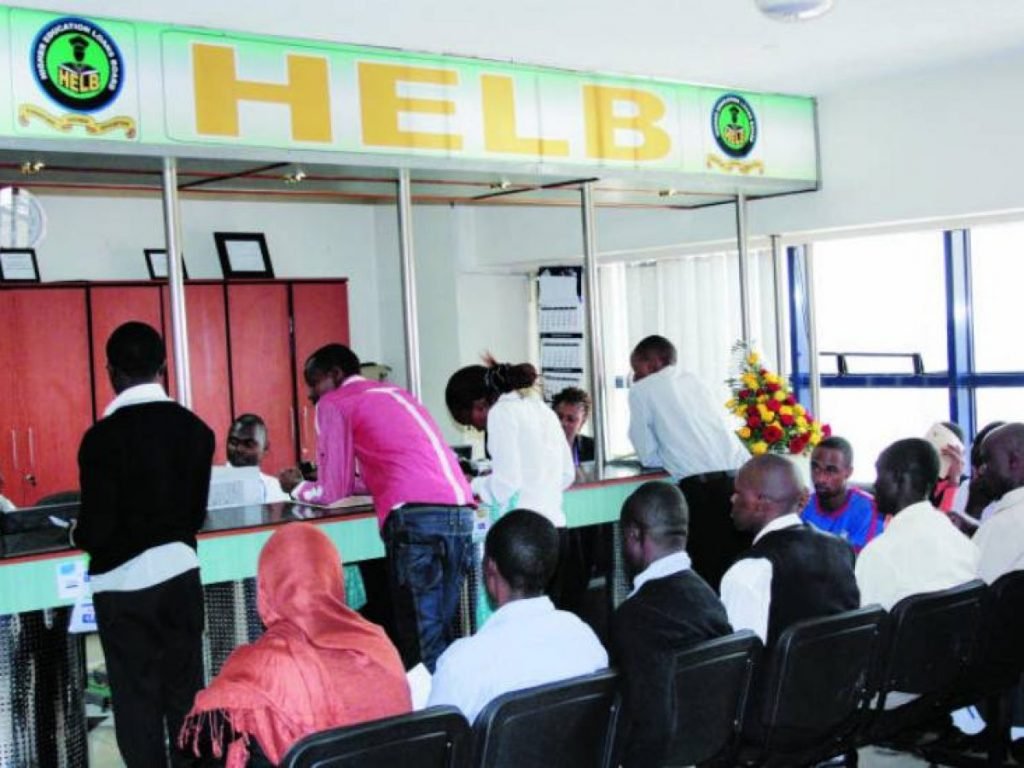BY SILAS APOLLO
University and college graduates may soon be exempted from paying interest on loans received from the Higher Education Loans Board (HELB) if a proposal to scrap off interests on the loans sails through Parliament.
The proposal by Machakos Woman Representative Joyce Kamene seeks to amend the Helb Act (1995) in order to waive the interest on the loans taken up by graduates, including those of people living with disabilities.
The proposed law is the third attempt by Parliament to amend the Helb Act and remove the extra fees earned on the loans.
Previous attempts to change the Act have twice been rejected by former President Uhuru Kenyatta who argued that changing the Act would affect the sustainability of the Helb loans.
Should the proposal sail through Parliament then the beneficiaries of the fund will also see interest charged on the loans reduce from four to three percent.
Other suggestions in the Bill also include a proposal to have penalties for defaulting on payments on the loan affected after securing employment five years after graduation. Helb charges a Sh5,000 monthly penalty for defaulters.
The Bill if passed by Parliament also promises to be a litmus test for President William Ruto who had during the campaigns last year promised to convert the students loan into a grant. The fund, President Ruto promised, would be an interest free loan.
The proposal also comes at a time when Helb is currently facing a cash crunch owing to what it says is a failure by past beneficiaries to honour payments as well as a slash of disbursments from the National Treasury.
Helb, had in a session with MPs in March this year month warned that it was unable to disburse funds to some 140,000 students.
Helb chief executive Charles Ringera told MPs that students will have to wait longer until the Treasury releases Sh5.7 billion for onward disbursement to them.
Mr Ringera also revealed that in the last financial year, it did not finance some 75,000 students after the National Treasury delayed disbursements of Sh3 billion.
Helb loans are the lifeline for thousands of students from poor families who require financial support to pursue higher education.
Data from Helb indicates that about 125,609 beneficiaries have defaulted on loans amounting to Sh15.22 billion. The total amount owed by the former students is over Sh60 billion.
The accrued debt is also part of the reason why the board has been facing cash-flow challenges in the recent months, at times forcing students take to the streets to protest over the late disbursement of funds.
Past attempts to amend parts of Section 15 of the Principal Act have failed. In 2015, then Kiharu MP Irungu Kang’ata proposed an amendment seeking to prevent Helb from charging penalties until a loanee had secured employment. It was passed by Parliament but Mr Kenyatta declined to
assent to it.
In 2020, a proposal by Igembe South MP John Paul Mwirigi to have beneficiaries start repaying their loans once they secure employment was also rejected by the Departmental Committee on Education. He would however proceed with it and got it finally passed by the House last year.
Mr Kenyatta would again fail to assent to it and instead returned it to Parliament with reservations. The Bill lapsed after the 12th Parliament went on recess ahead of
elections.
Many employers, especially those in public sector require new employees to get clearance from Helb, a condition that has become difficult to meet as thousands of graduates are in default, owing to the high unemployment rate in the country.


